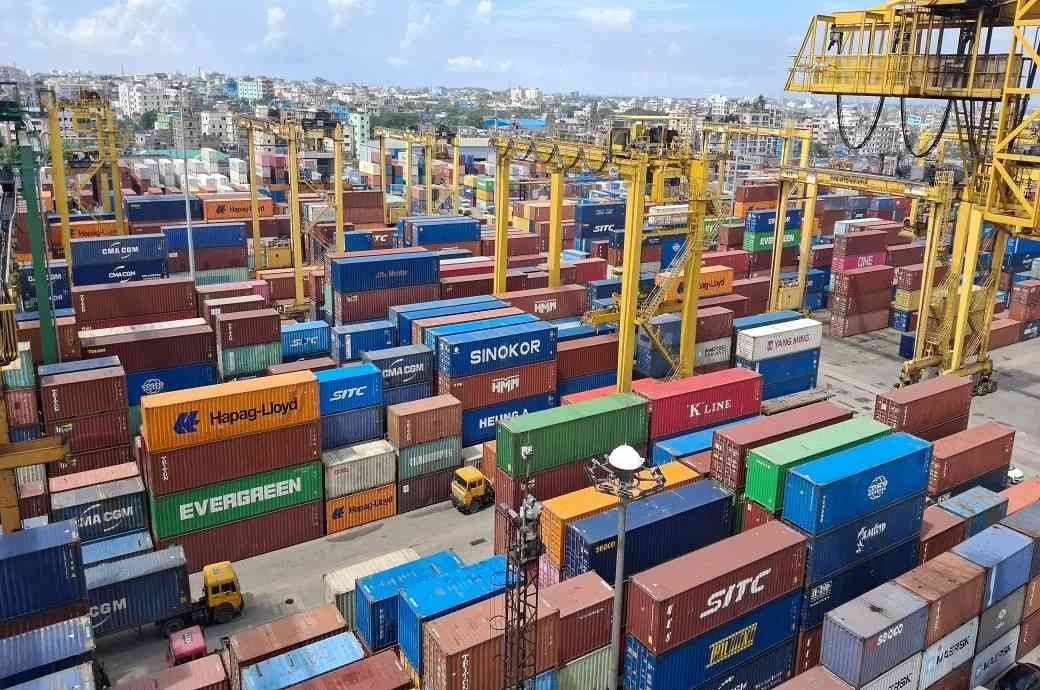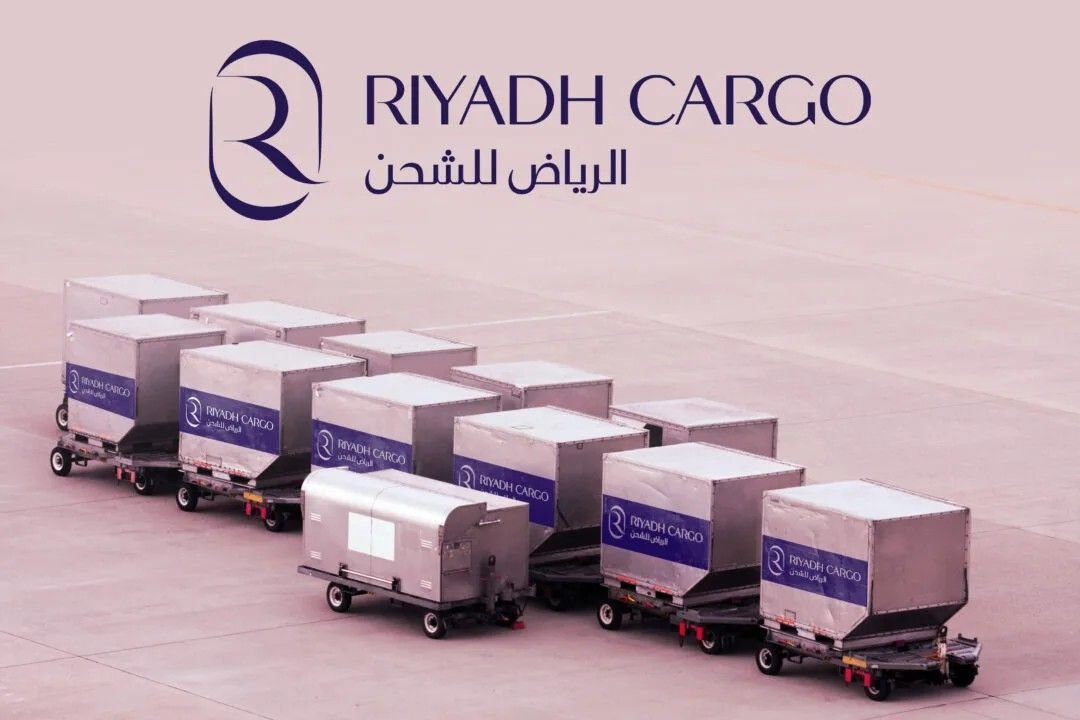AMMAN — During a session chaired by Prime Minister Jafar Hassan on Wednesday, the Jordanian Cabinet approved a series of decisions aimed at advancing digital transformation, providing economic relief, enhancing international cooperation, and preserving cultural heritage.
One of the major approvals was an agreement between the Aqaba Special Economic Zone Authority (ASEZA) and Maqta Ayla Digital Solutions Company to implement and manage a new digital truck control and monitoring system at the Aqaba port, according to the Jordan news agency Petra. This project will create a centralized digital platform that integrates customs, port operations, shipping lines, and clearance companies, streamlining logistics operations, improving transparency, and speeding up cargo handling processes.
The system will feature digital regulation of truck entry and exit, electronic permits, real-time tracking of vehicle movements, and enhanced road safety by alleviating congestion. The Cabinet directed the Ministry of Digital Economy and Entrepreneurship to ensure this platform fully integrates with Jordan’s broader digital government systems.
Additionally, the Cabinet endorsed measures to relieve financial burdens on companies within the Digital and Entrepreneurial Sector benefiting from the Temporary Employment Support Programme, known as Hafiz. These firms will now have the option to repay debts related to 2023 in monthly installments over a five-year period, easing cash flow challenges.
So far, the government has invested JD1.9 million through Hafiz to support social security contributions, facilitating the employment of approximately 600 youth in IT positions across both public and private sectors. The program subsidizes up to 50% of salaries for new hires, with the objective of enhancing digital skills and accelerating the digitization of services.
In another step to improve the business environment, the Cabinet resolved 696 tax disputes between the Income and Sales Tax Department and taxpayers, aiming to encourage compliance and reduce legal conflicts.
Furthermore, the Cabinet ratified two cooperation agreements with Lebanon focusing on social development and welfare initiatives. A separate agreement with the Hong Kong Special Administrative Region was also approved, designed to eliminate double taxation and prevent tax evasion, thereby fostering stronger economic ties.















